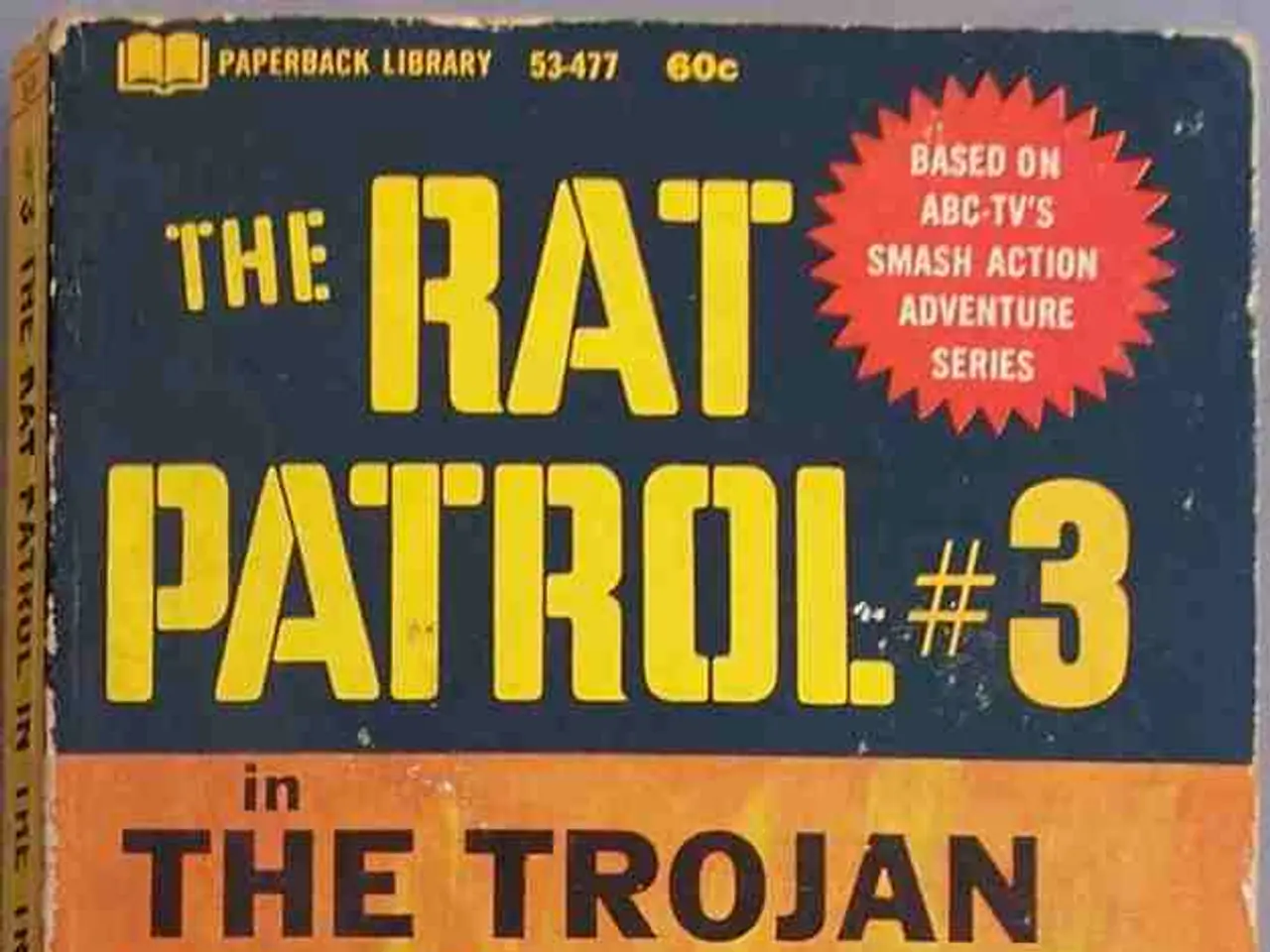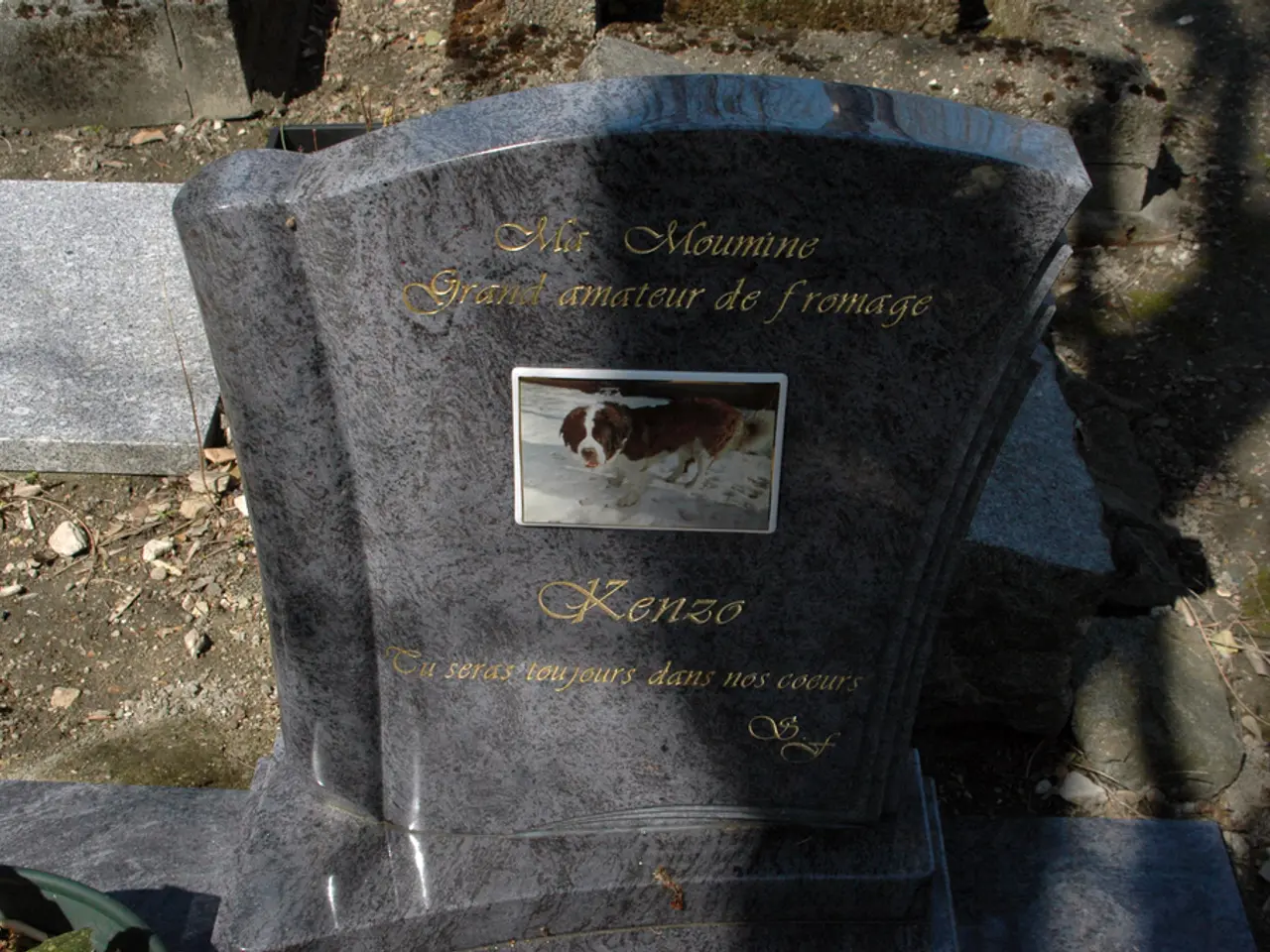Let's Talk Iran: Breaking Down the Nuclear Standoff
"Europe faces a significant threat from a nuclear Iran"
Hey there! So, it seems like the old cat-and-mouse game between Europe and Iran is back on, as negotiations about Iran's nuclear program are heating up. But, hey, it's all in a day's work for diplomats, right?
Now, wading into the fray, we have the Germany-based Middle East expert, Stephan Stetter. According to him, the EU's diplomatic efforts in this matter rely heavily on the support of the United States - specifically, President Donald Trump. Interesting, huh?
So, what's Stephan's take on regime change in Iran? Well, he thinks that mere military intervention won't cut it. However, if one of two scenarios happens, a regime change might become a possibility.
Scenario 1: The Iranian population, which is generally critical of its government, collectively decides they've had enough and rise up against the mullah regime.
Scenario 2: The Iranian military, with its own interests threatened, decides it's time to get rid of the mullahs and establish a military government. The key here is intense pressure that makes the military believe they're losing all their options due to American attacks.
But, here's the kicker, Stephan doesn't believe either of these scenarios are likely at the moment. To militarily bring about regime change from the outside, troops would need to invade Iran, which isn't on the cards for Israel, the U.S., or anyone else at the moment. Whew, that's a relief!
Now, let's talk about support for Iran's state doctrine calling for the destruction of Israel. According to Stephan, it's only a small fraction of the population that supports this. Historically, there's been no political opposition to Israel in Iran. However, Israeli attacks could change this sentiment, and enmity might arise due to war. But there are still historical ties between Israel and Iran, and Israeli operations in Iran are enabled by the help of Iranian informants.
Next up, are there larger groups with democratic aspirations in Iran? Yes, there are definitely some. However, Iran is a stubborn regime that clamps down hard on democracy movements. Any political opposition is fragmented and divided. The more the repressive regime's security apparatus is under pressure, the more it will resort to repression.
Now, what about Trump's recent announcement of two weeks to consider whether the U.S. will enter the war? Well, Israel has made it clear that to destroy the uranium enrichment facility, they need the Americans with their special bombs. But, the U.S. is hesitating. Trump could be bluffing, aiming to lure the Iranians into a false sense of security before attacking. He could also be uncertain. Within the Republican Party, there are two camps – one advocating for military action, and another pushing for isolationism.
The diplomatic track is still running, with US special envoy Steve Witkoff reportedly set to negotiate with the Iranians. But, the U.S. has essentially outsourced diplomatic efforts to the Europeans, indicating that concrete negotiations are not currently a priority for the U.S.
And finally, how does the conflict affect Europeans? Well, a nuclear-armed Iran, aligned with Russia, and possessing ballistic missiles, would be a massive threat to Europe. Additionally, Iran acts as a source of instability in the entire Middle East region, causing political extremism, refugee movements, and complicated diplomatic situations. So, Europe is pretty much in the crosshairs here.
In the end, diplomatic resolution prospects are fragile but not closed. The International Atomic Energy Agency (IAEA) emphasizes the need for political will, de-escalation of regional military tensions, and transparency to reduce misunderstandings or misinformation. International backing, including from the UN Security Council and relevant global actors, is also crucial to sustain pressure for peaceful negotiations.
So, there you have it! The Iranian nuclear standoff – a complex web of politics, tensions, and, of course, Middle Eastern intrigue. Stay tuned, folks, because this roller coaster ain't over yet!
Sources: ntv.de, IAEA
Keywords: Iran, Iran Nuclear Program, Diplomacy, Israel, United States, Europe, Donald Trump, Iran Conflict, Iranian Nuclear Program, Germany, Iranian Foreign Minister Abbas Araghtchi, Iranian Military, Nuclear Threat, Middle East, Political Opposition
- The complexity of the Iranian nuclear standoff involves not only European countries but also global actors, as the diplomatic efforts rely heavily on the cooperation policy of the United States, particularly President Donald Trump.
- One of the scenarios for regime change in Iran, according to expert Stephan Stetter, is a collective uprising of the Iranian population against their government, driven by growing dissatisfaction and fueled by external political news and conflicts.







